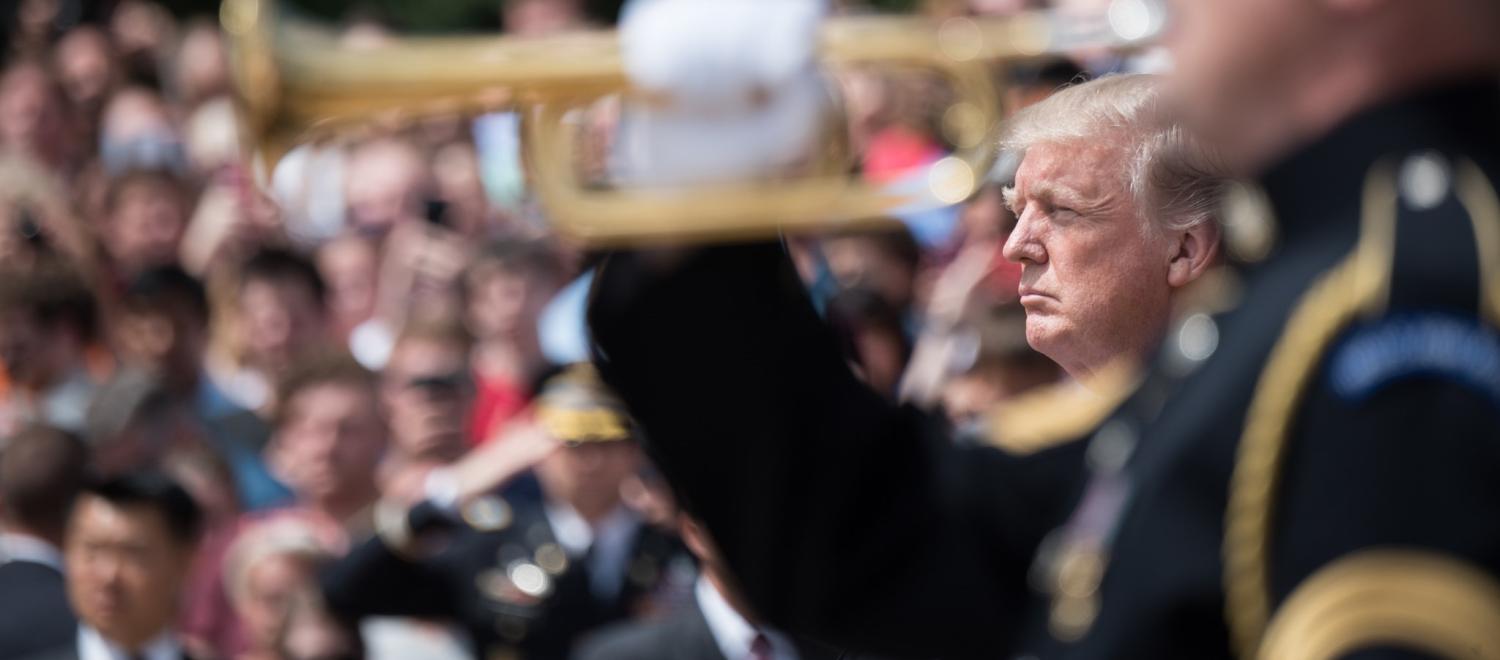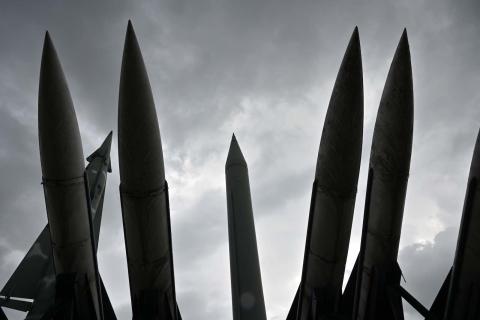It is critical that we understand what North Korea’s test of a thermonuclear device means. North Korea claims that the weapon is miniaturised to fit onto a Hwasong–14 intercontinental ballistic missile. We must assume this claim is true. North Korea’s advances have exceeded every expectation, indeed just hours before the test Pentagon officials were still insisting that North Korea was 6 to 18 months from a thermonuclear bomb.
North Korea being able to threaten the US homeland with thermonuclear attack means that, within a few short years, Pyongyang will be utterly immune from any kind of external intervention, able to attack its neighbours with impunity.
To underscore this point, imagine in five years that North Korea possesses 100 ICBMs capable of reaching American mainland cities. North Korea could unleash conventional missiles at Japan and/or South Korea without any prospect of US retaliation, for this would invariably lead to the deaths of tens of millions of American citizens. This 'de-coupling' of America from its East Asian allies dramatically diminishes America's influence in the region, spurs nuclear proliferation, and accelerates the global power shift – to say nothing of the direct threat posed by North Korea's nuclear terror.
Here in Australia many believe we are not a target for North Korea's nuclear weapons. This is wrong. If North Korea believes foreign invasion is imminent, the regime may detonate a nuclear-tipped ICBM over an Australian city even before the US is targeted. For North Korea, this demonstrates an unquestionable capability to deliver nuclear weapons over intercontinental ranges, and absolute resolve, without forcing America's hand by attacking it directly. In other words, as an American ally Australia may be subject to nuclear attack as a final solemn warning to the US. Consequently, if the US fails to disarm North Korea in the immediate future, Australia will have no choice but to revisit its own nuclear options to deter this eventuality.
Others argue there is a possibility of dealing with North Korea and its nuclear program 'somewhere between peace and war'. This is a recipe for ineffectual policy incoherence. Now, after the abject policy failure of successive US administrations, President Trump is faced with a binary choice: accept mutual nuclear vulnerability with North Korea or embark on a major war on the Korean peninsula. There is no third option. I have engaged publicly in a four-part debate on this subject with Dr David Santoro, Director of Nuclear Policy at Pacific Forum CSIS. He believes continued deterrence is the answer. As for myself, I marched against the Iraq War and bitterly opposed the Libya intervention, and yet I reluctantly advocate war as the least-worst option.
President Trump now faces the unthinkable decision on how to proceed. Whatever action is taken now will have profound consequences for the US and the world. Yet a decision must be made. Or, as US Chief of Staff Milley starkly put it (from 50:12):
[[{"fid":"186616","view_mode":"default","fields":{"format":"default","alignment":""},"type":"media","field_deltas":{"1":{"format":"default","alignment":""}},"link_text":null,"attributes":{"class":"media-element file-default","data-delta":"1"}}]]
Photo by Flickr user Chairman of the Joint Chiefs.

